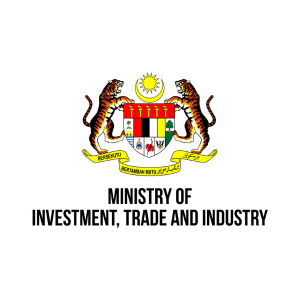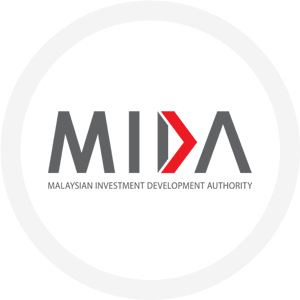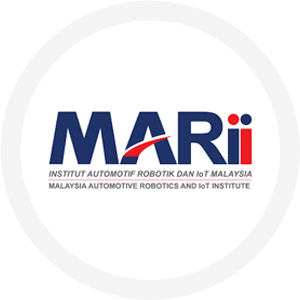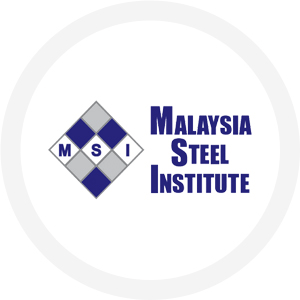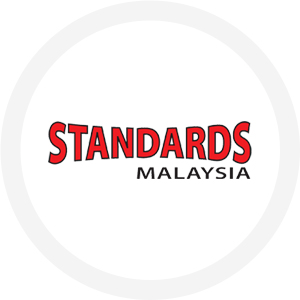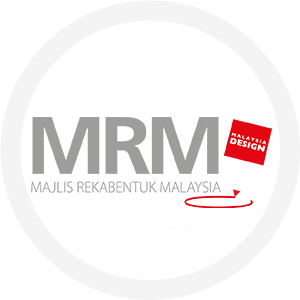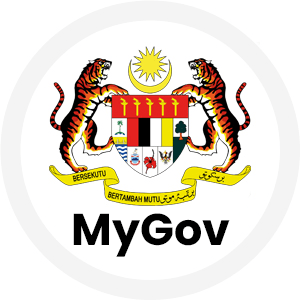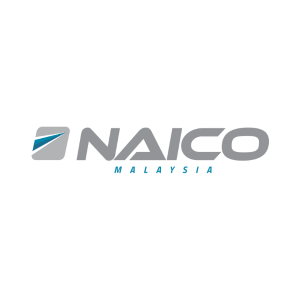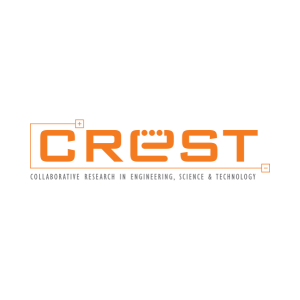Zafrul: Korea needs to strengthen talent training and public-private partnership as productivity growth lags behind
20 Feb 2025
(KUALA LUMPUR, Feb 20) Minister of Investment, Trade, and Industry, Tengku Zafrul, stated that although Malaysia's productivity has increased, its growth rate still lags behind some economies that were once at a similar level of development, such as South Korea.
He said that between 1996 and 2022, South Korea’s productivity grew at an average annual rate of 2.9%, while Malaysia’s only reached 1.6%.
"Therefore, Malaysia must accelerate its progress to enhance economic competitiveness through the New Industrial Master Plan 2030 (NIMP 2030) and the industrial reform policies driven by the Ministry of Investment, Trade, and Industry, particularly in the semiconductor, aerospace, and digital economy sectors."
He stated that Malaysia has made good progress in the three core objectives of the master plan, including an increase in the contribution of the manufacturing sector to Gross Domestic Product (GDP), which grew by 4.7% year-on-year in the second quarter of 2024, amounting to approximately RM4.2 billion, demonstrating the manufacturing sector’s continued driving force in the national economy.
Attending the launch of Siemens Xcelerator Experience Centre and the signing ceremony of a Memorandum of Understanding (MoU) between the Malaysia Productivity Corporation (MPC) and Siemens Malaysia, he also mentioned that during the same period, employment in the manufacturing sector increased by 200,000 people, a year-on-year growth of 0.9%, further solidifying manufacturing as a key pillar of the job market.
He emphasized that Malaysia must accelerate its pace, enhance flexibility, and implement industrial development initiatives more swiftly.
"Time waits for no one, and technology evolves rapidly.
Only by seizing opportunities can we remain competitive on the global stage.
For example, China's DeepSeek created a major impact in the AI sector with just a $6 million investment, particularly in reasoning capabilities, achieving remarkable breakthroughs.
However, this is only the beginning.
We must remain vigilant and seize future opportunities."
Advancing ASEAN Supply Chain Upgrades and Integration
Zafrul mentioned that the government aims not only to attract high-quality foreign investments but also to leverage Malaysia’s role as the ASEAN chair to drive regional supply chain upgrades and integration, positioning ASEAN as a new global trade and industrial hub.
He said the government hopes that local enterprises will also demonstrate global leadership, proving that sustainability and profitability can coexist.
"Policies alone are not enough.
They must be complemented by strict execution and a collaborative national approach.
One of South Korea's key success factors is its high investment in research and development (R&D), which exceeds 4% of GDP and is primarily driven by the private sector.
Meanwhile, Malaysia’s R&D investment is only 1% of GDP and is mainly government-led."
He emphasized that this gap indicates the need for Malaysia to reassess and optimize its R&D investment model to enhance overall competitiveness.
He pointed out that the Human Capital Theory, introduced in the 1960s, remains a focal point in economics, with its core argument being that investments in education and training can improve productivity and income.
"According to the UK’s Institute for Fiscal Studies (IFS), a 5% increase in the proportion of trained employees leads to a 4% increase in per-employee value-added.
Currently, only about 30% of Malaysia’s workforce is skilled, far lower than in developed economies.
If we aim to catch up with advanced nations like South Korea, we must accelerate efforts to increase this proportion."
Driving Technological Innovation and Talent Development
Zafrul stated that the key to industrial upgrading lies in technological innovation and talent development, and the collaboration between MPC and Siemens serves as a model of public-private partnership in creating solutions.
"The Siemens Xcelerator Experience Centre will be a crucial platform in ASEAN for driving innovation, technological applications, and sustainability.
It will also help businesses, especially small and medium enterprises (SMEs), adopt digital technologies like data analytics and automation more quickly and efficiently."
He said that this collaboration will further accelerate Malaysia's industrial development, focusing on areas such as talent development and industrial skills enhancement, productivity certification, and industry-driven work-study programs.
He added that with the arrival of the Industry 4.0 era, Malaysia needs more data analysts, software engineers, and robotics experts to keep up with the rapid development of new technologies.
At the same time, traditional roles must also evolve, such as machine operators needing to master skills in interacting with digital systems and interpreting feedback from data analytics.
Source: Nanyang Online, Pick Stock







